We are a worldwide community three million strong.
#MultipleSclerosis #MightyTogether #Caregiving #ChronicIllness #newlydiagnosed #autoimmune #Disability
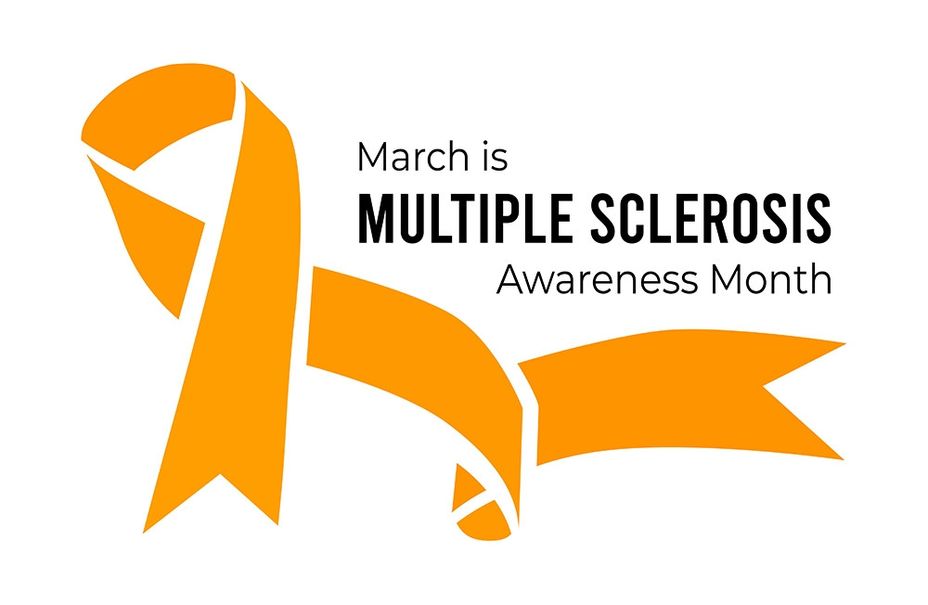
#MultipleSclerosis #MightyTogether #Caregiving #ChronicIllness #newlydiagnosed #autoimmune #Disability
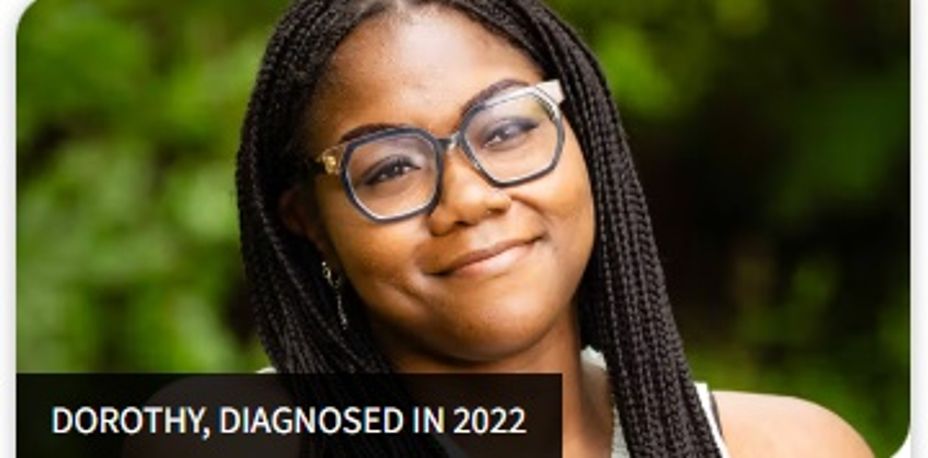
For our new members. When you need it, support is all around you.
Go to nationalmssociety.org/understanding-ms/newly-diagnosed
#MultipleSclerosis #MightyTogether #ChronicIllness #Caregiving #newlydiagnosed #autoimmune #Disability
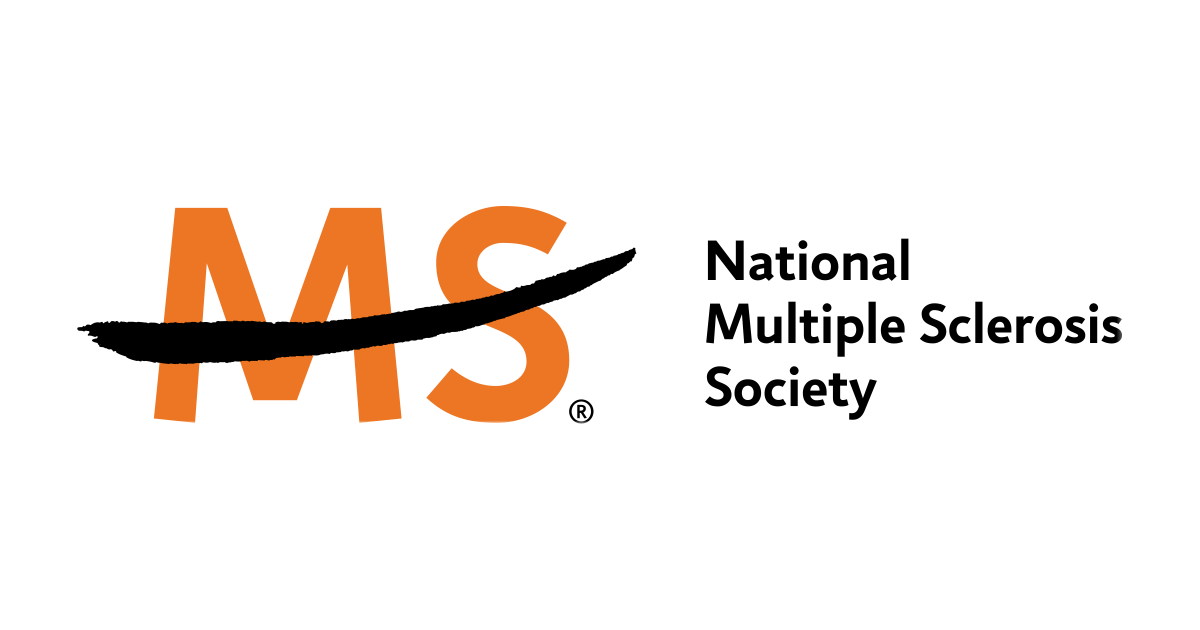

When I was dxed in my early-20s I was clueless and dumbfounded about all the things happening to me, and most of my doctors then were no help. I had years of difficult learning ahead, but this week's Ask an MS Expert can give you shortcuts to becoming an empowered patient in a productive medical partnership with your health care pros.
The program is on 2/26/26 at 12-12:30 p.m. ET. It originally aired 1/11/24.
www.nationalmssociety.org/how-you-can-help/get-involved/cale...
#MultipleSclerosis #MightyTogether #ChronicIllness #Caregiving #newlydiagnosed #autoimmune #Disability

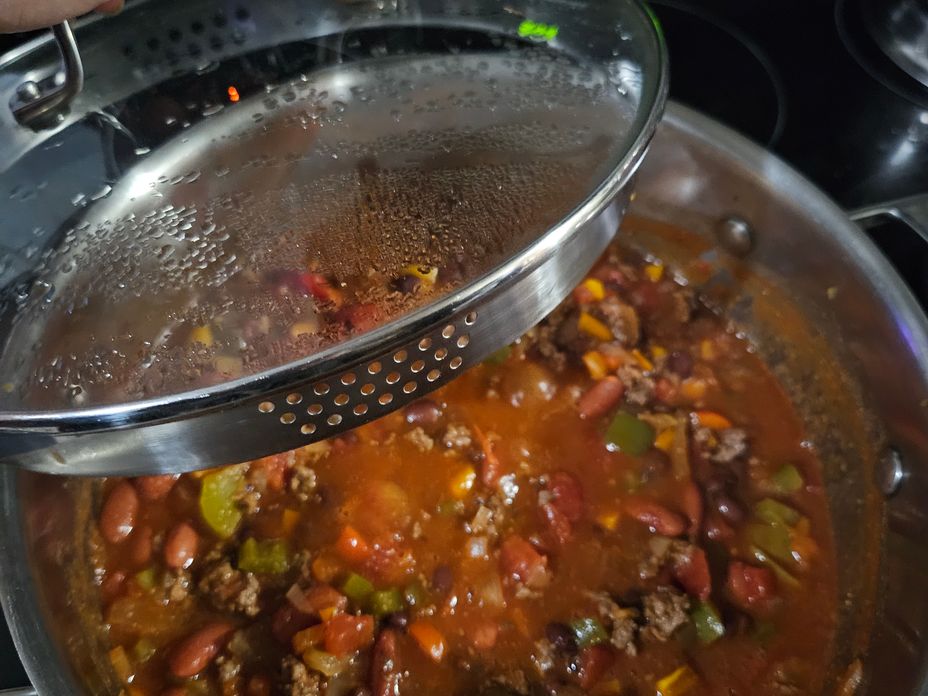
Homemade chili for when it's chilly.
As I'm chopping veggies and preparing this food, I think back to my own childhood. I was born to a runaway teen mom with a drug addiction, and then raised by her mother. My grandmother had already been a widow for many years which meant less money, so there were many times when I didn't eat at all. This created a weird relationship with food that I'm still trying to fix. I guess my point is, I'm happy to be able to feed my own children. That is all. Take care of yourselves today and always ❤️
#MentalHealth #Addiction #PTSD #ComplexPosttraumaticStressDisorder #Anxiety #Depression #Trauma #Parenting #Caregiving #Autism
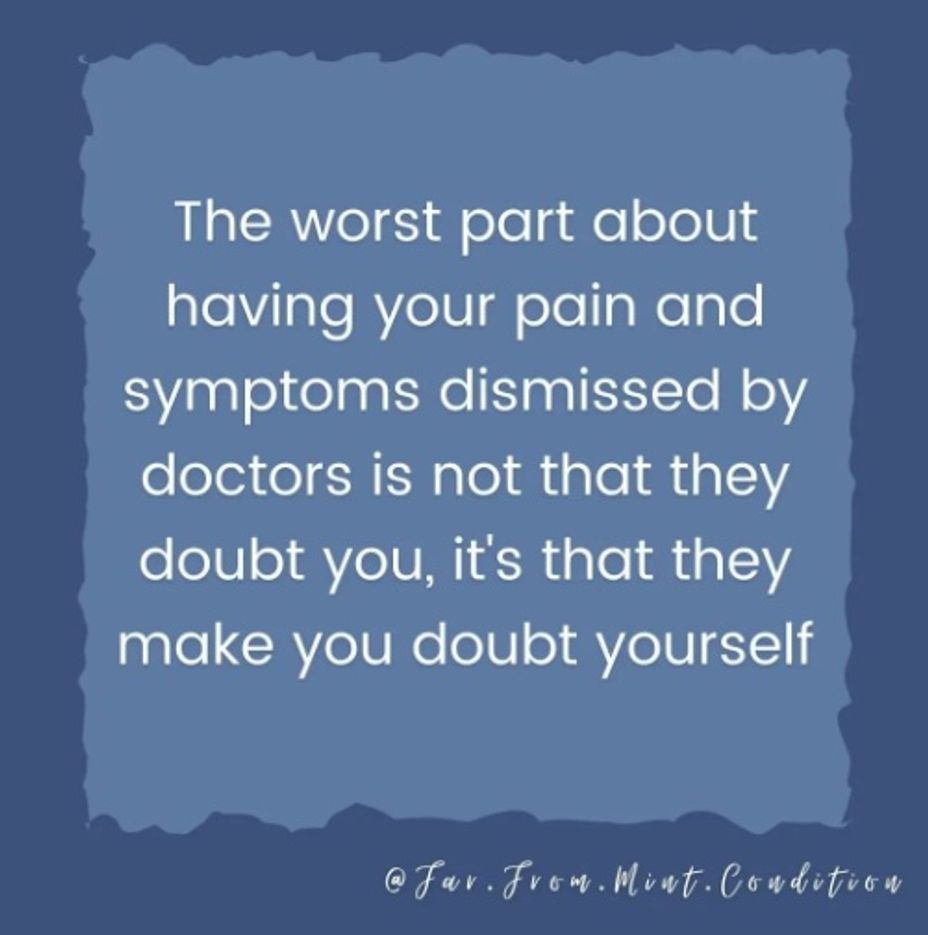
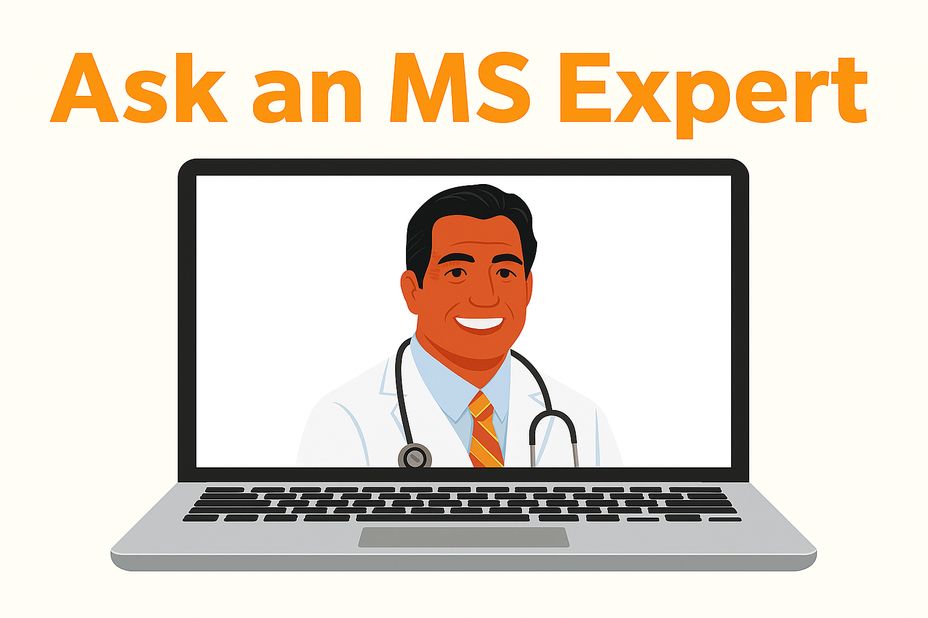
Learn valuable ways to bridge language & cultural barriers. Strengthen communications between you and doctors. Make the most informed decision, by making the best TEAM together = you + your providers. With neurologist Dr. Luis G. Manrique-Trujillo. Program originally aired 3/21/24.
www.nationalmssociety.org/how-you-can-help/get-involved/cale...
#MultipleSclerosis #MightyTogether #ChronicIllness #Caregiving #newlydiagnosed #autoimmune #Disability


Refilling my water bottle this morning and thinking about what a simple act of self-care this is. I often overlook my own needs, so I'm working on being more aware.
Have you had any water today?
Have you taken your medication(s)?
Have you eaten something?
Just a gentle reminder to take care of yourself out there 🫶🏻
#MentalHealth #Depression #Anxiety #ADHD #Autism #ComplexPosttraumaticStressDisorder #PTSD #Caregiving #Trauma #MightyTogether #CheckInWithMe
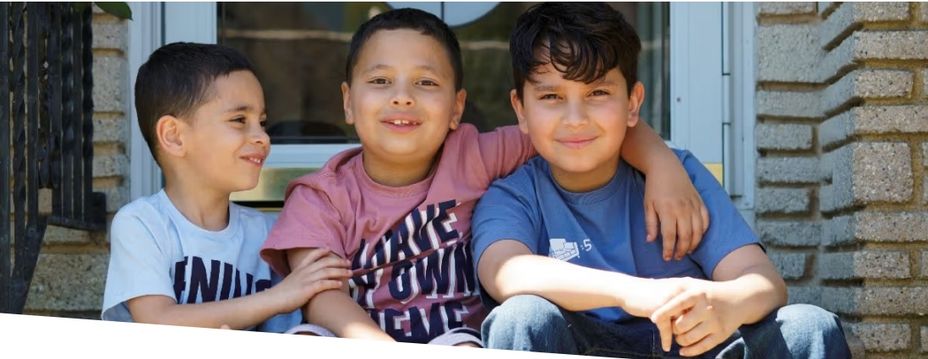
Requested by a new member.
www.nationalmssociety.org/for-professionals/for-healthcare-p...
#PediatricMS #POMS #MultipleSclerosis #MightyTogether #ChronicIllness #Caregiving #newlydiagnosed #autoimmune #Disability


Made quadriplegic after a motorbike accident, Jaimen's family encouraged him to try the drone that he was thinking about. At the nearby seacoast, he began capturing photos and videos of jumping, playing dolphins, and whales with their calves. Now he works with Netflix and PBS.
Want an instant pickmeup? Check out his Instagram: www.instagram.com/jaimenhudson
#MultipleSclerosis #MightyTogether #ChronicIllness #Caregiving #newlydiagnosed #autoimmune #Disability
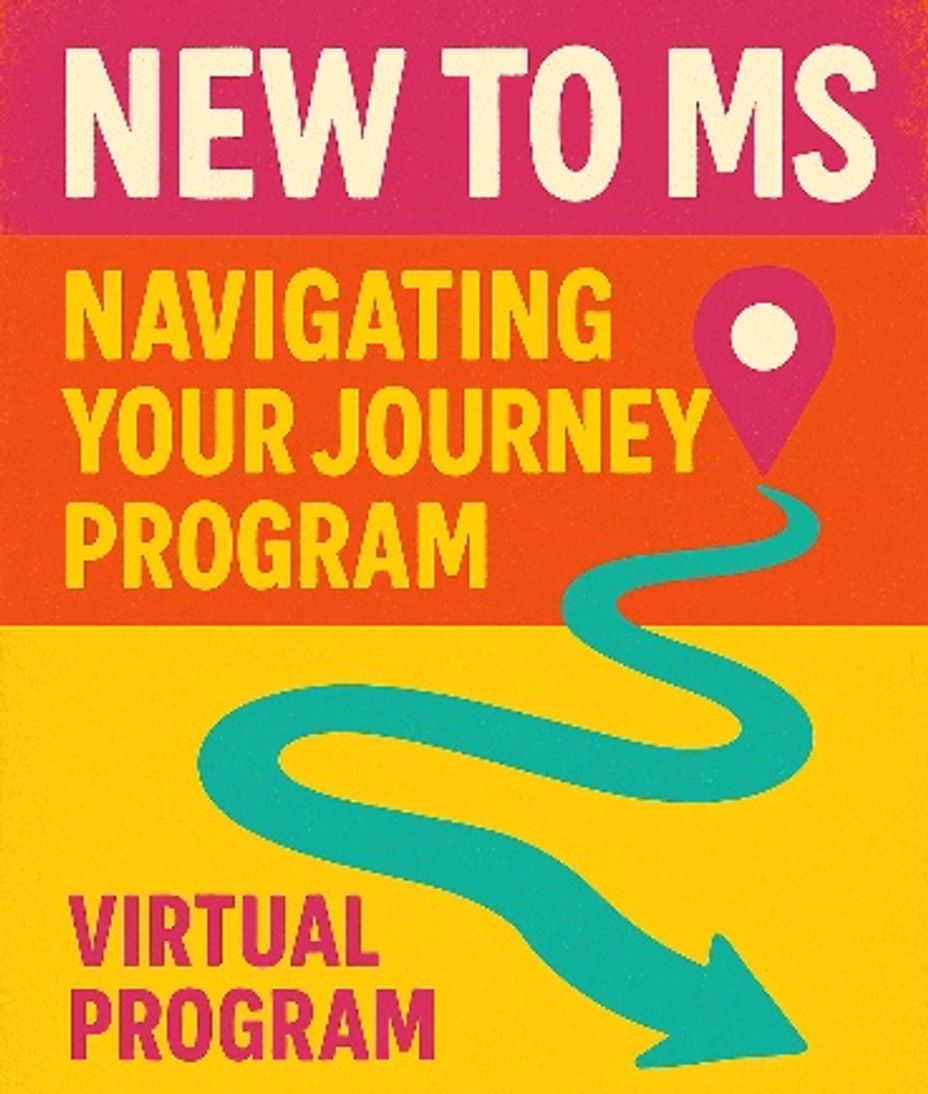
Connect and learn with others who are new to multiple sclerosis and navigating their own journeys. This program offers info on MS and its symptoms, and advice on how to manage your case. Talk to attendees, ask questions of a health care professional and a volunteer who is living with MS, and share your own experiences.
Also find the New to MS Resource Guide on the same page, with info from the program. Note: This program repeats on the second Thursday of every month.
Sign up at www.nationalmssociety.org/Symptoms-Diagnosis/Newly-Diagnosed/New-to-MS
#MultipleSclerosis #MightyTogether #newlydiagnosed #Disability #Caregiving #autoimmune
